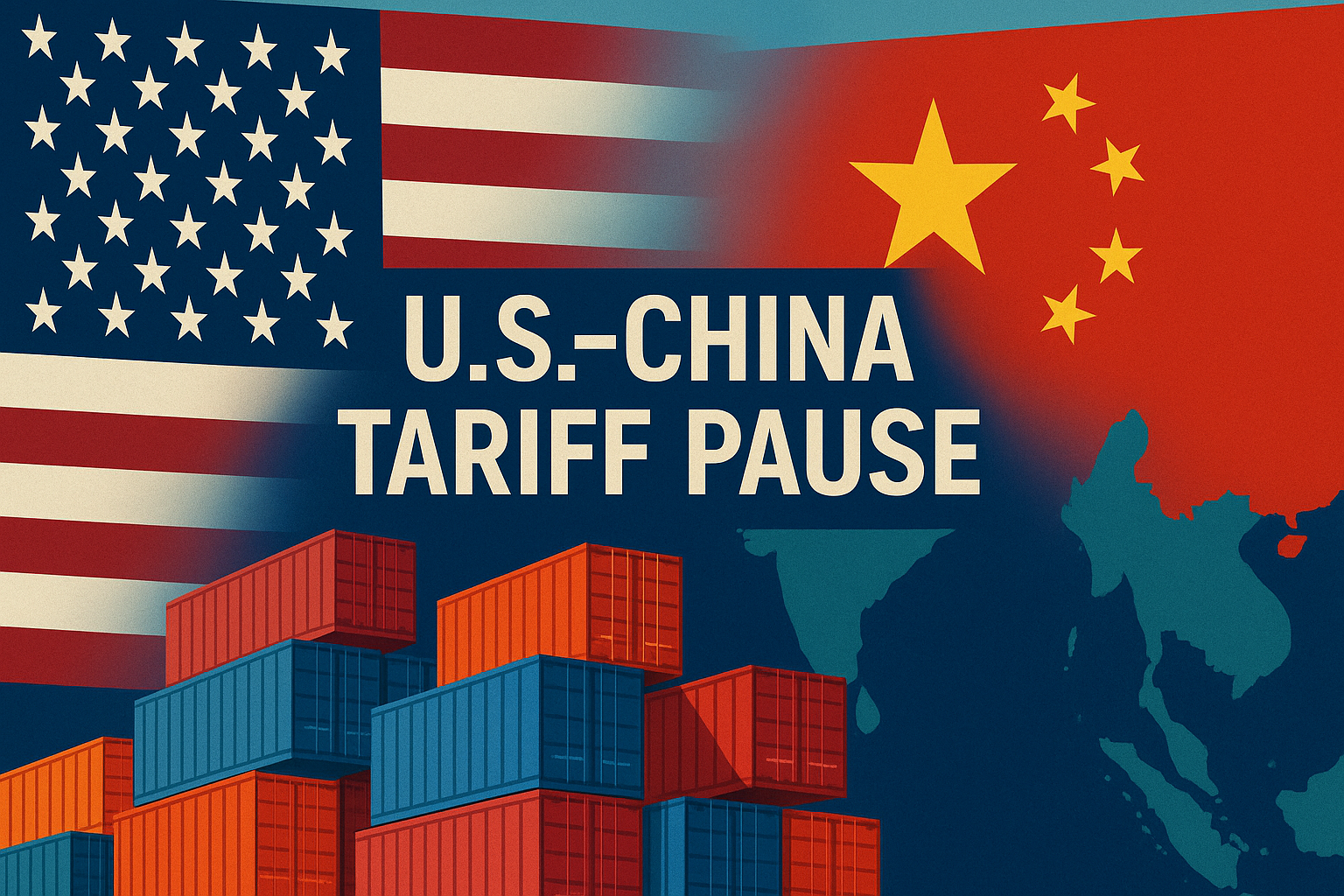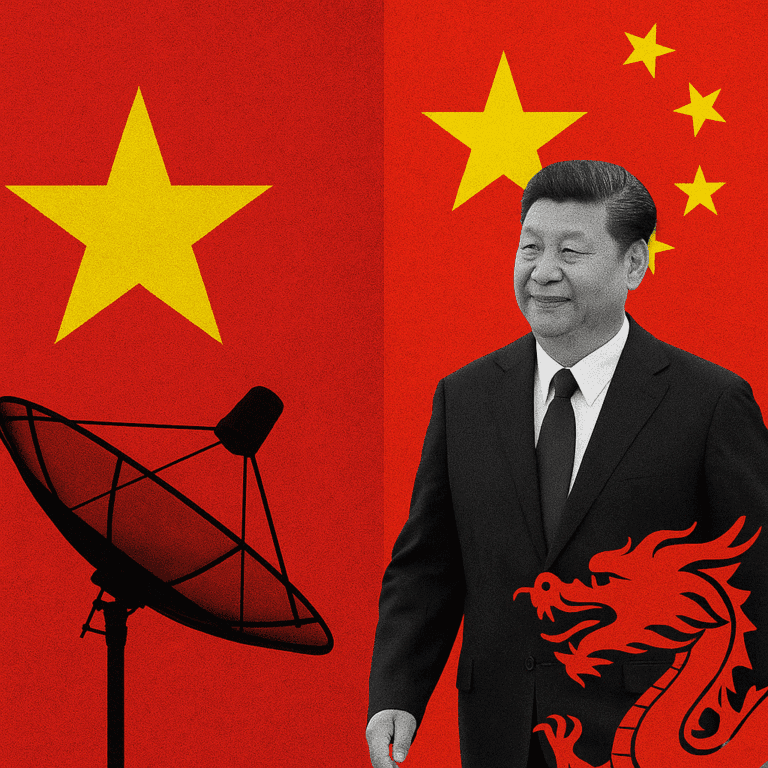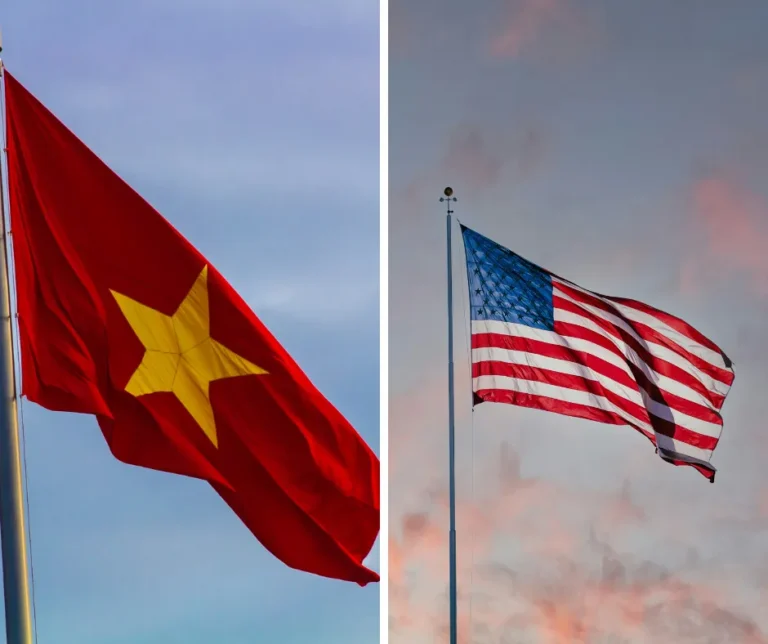US–China Tariff Pause Eases ASEAN Trade Disruption
Quick Dispatch | Strategic Dispatches from Southeast Asia
On May 12, 2025, the US–China tariff pause was agreed, suspending additional duties on $600 billion of bilateral trade for 90 days (Reuters). This tactical cease-fire gives ASEAN economies a narrow window to stabilize supply chains, resume stalled orders, and diversify export markets.
Details of the US–China Tariff Pause
- Scope of Cuts
- U.S. cuts extra tariffs from 145 % to 30 % on Chinese imports.
- China lowers retaliatory duties from 125 % to 10 % and lifts Boeing restrictions.
- Duration & Oversight
- 90-day suspension with weekly technical meetings in Washington and Beijing.
- Sets the stage for Phase 2 negotiations on intellectual property and service access.
Market Reaction to the US–China Tariff Pause
- Equity Rally
- S&P 500 jumps +1.5 % and MSCI Asia-Pacific +2 % on the news.
- Logistics Surge
- Singapore port container throughput rises ~10 %.
- Freight-rate index (SCFI) rebounds by 8 %.
- SME Hesitation
- ASEAN small exporters delay orders pending clarity, driving short-term warehousing costs up.
ASEAN Economic Impacts of the US–China Tariff Pause
- Vietnam
- Electronics and auto-parts firms see backlogs clear, order flows resume.
- Indonesia
- Palm-oil exporters benefit from reduced U.S. levies; spot premiums rally 3 %.
- Philippines
- Fertilizer and feed-stock prices ease, supporting agriculture and food processing.
Conclusion & CTA
The US–China tariff pause is a tactical reprieve, not a long-term solution. ASEAN policymakers must act swiftly: diversify markets, pivot supply-chain strategies, and build resilience now.







